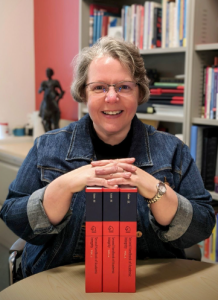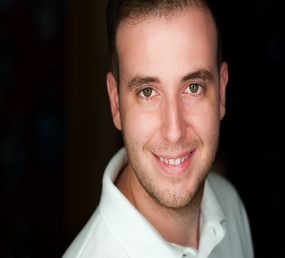
Dr Cassandra Colvin
Convenor · Lecturer in Educational Experience, Edith Cowan University
Read more
Dr Cassandra Colvin is a Lecturer in Educational Experience at Edith Cowan University, and an experienced Manager in the tertiary sector with oversight of strategy and teams across careers and employability, student support, orientation and transition, learning analytics and evaluation. She has secured a national profile for her work and received awards from professional and government bodies, including the Australian Office of Learning and Teaching.
Cassandra has presented and published widely on learning analytics, international student support, student development and equity. Her PhD (Murdoch University) examined intercultural interactions on university campuses. Professional interests include learning analytics implementations, intercultural relations, student support design and management, staff leadership, and embedding quality and continuous improvement into practice.


